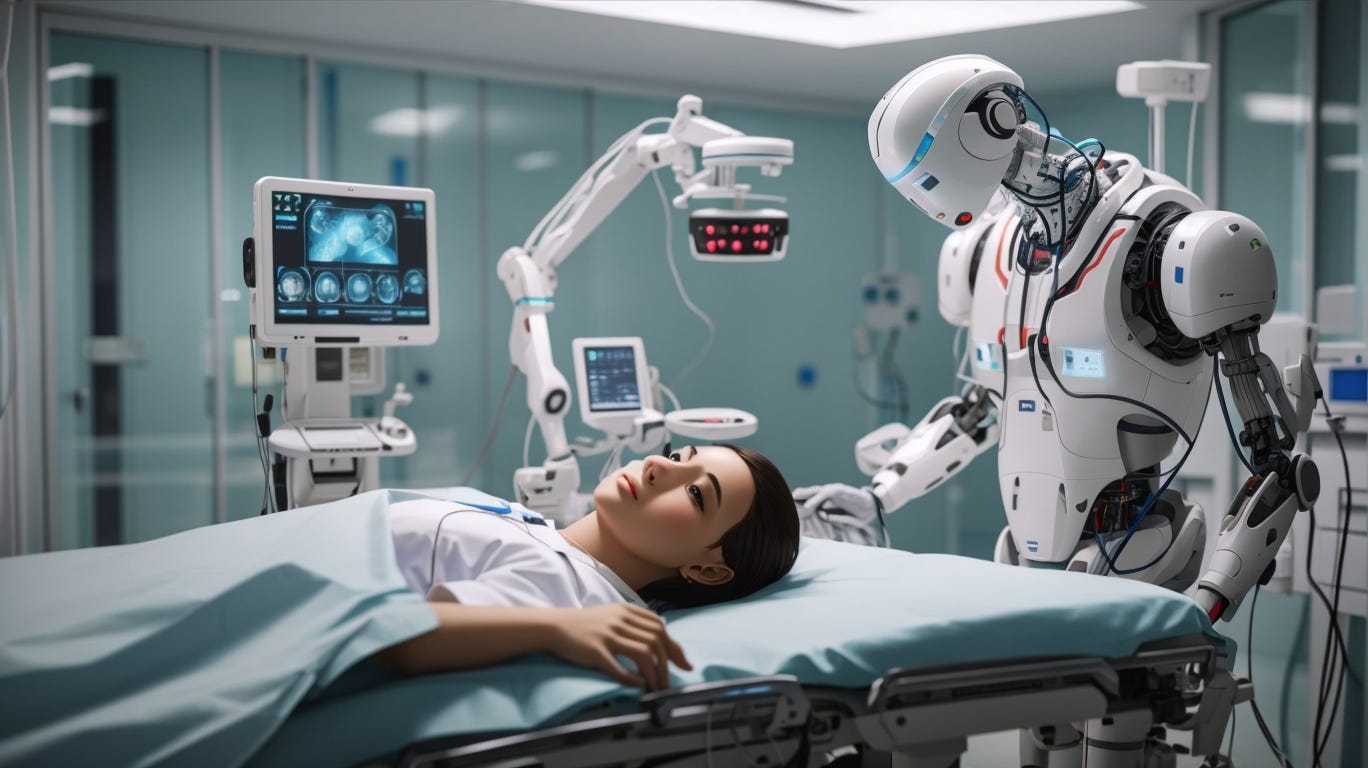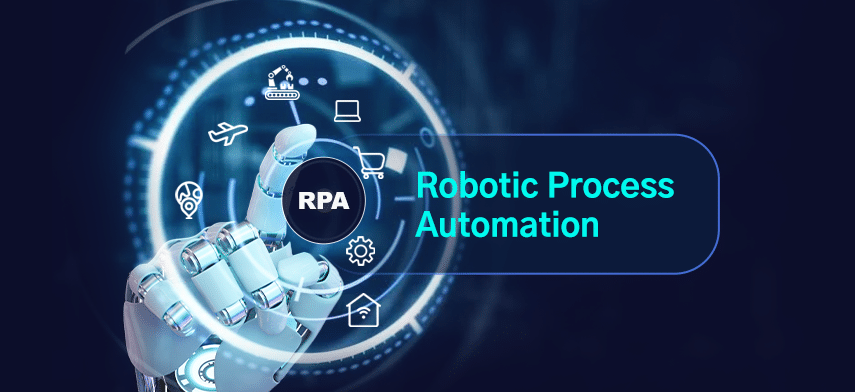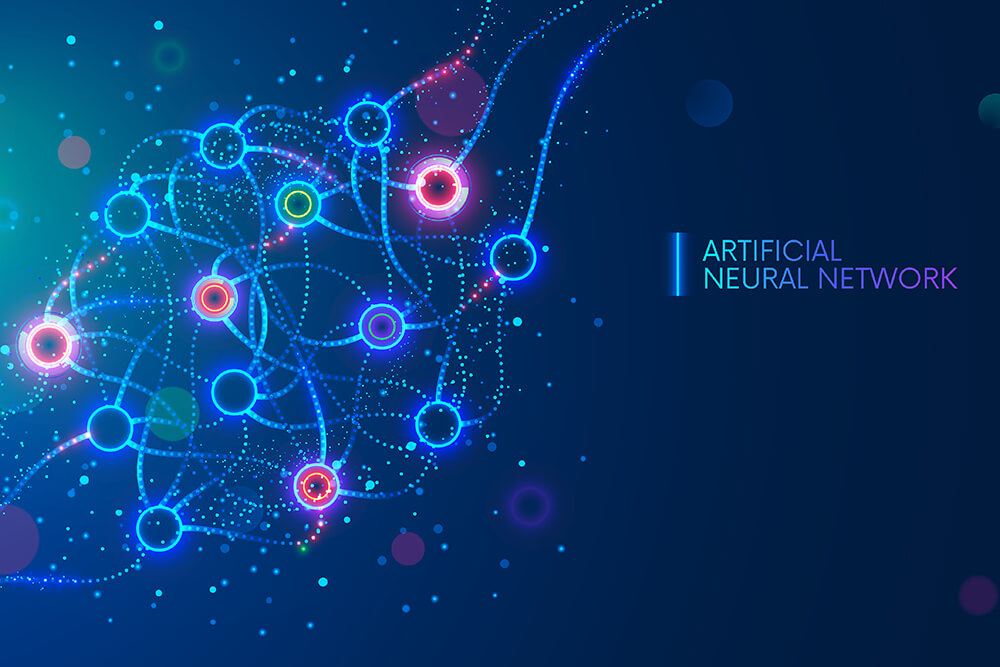Artificial Intelligence (AI) is revolutionizing the healthcare industry by improving diagnosis accuracy, personalizing treatment plans, optimizing operational efficiencies, and transforming patient care delivery. This article explores the applications, benefits, challenges, and future trends of AI in healthcare, highlighting its profound impact on medical practices and patient outcomes.
Applications of Artificial Intelligence in Healthcare
- Medical Imaging and Diagnostics: AI-powered algorithms analyze medical images (e.g., X-rays, MRIs, CT scans) to detect abnormalities, assist radiologists in diagnosis, and prioritize urgent cases, improving diagnostic accuracy and reducing interpretation errors.
- Personalized Medicine: AI models analyze patient data (e.g., genetic information, medical history, lifestyle factors) to predict disease risks, recommend tailored treatment plans, and optimize medication dosages, enhancing treatment outcomes and patient safety.
Benefits of Artificial Intelligence in Healthcare
- Enhanced Diagnostic Accuracy: AI-driven diagnostic tools aid healthcare professionals in detecting subtle patterns and anomalies in medical images and patient data, leading to earlier detection of diseases and more precise diagnoses.
- Operational Efficiency: AI automates administrative tasks (e.g., appointment scheduling, medical transcription) and streamlines workflow processes (e.g., patient triage, hospital bed management), allowing healthcare providers to focus more on patient care and reducing healthcare costs.
Challenges and Considerations
- Data Privacy and Security: Protecting sensitive patient data from cyber threats, ensuring compliance with healthcare regulations (e.g., HIPAA), and maintaining patient confidentiality while utilizing AI-driven analytics and decision support systems.
- Ethical Use of AI: Addressing ethical considerations such as bias in AI algorithms, transparency in AI decision-making, and maintaining human oversight in clinical decision support to uphold patient trust and safety.
Impact on Healthcare Delivery
- Telemedicine and Remote Monitoring: AI-powered telemedicine platforms enable remote consultations, real-time patient monitoring, and virtual care delivery, expanding access to healthcare services and improving patient engagement and adherence to treatment plans.
- Clinical Research and Drug Discovery: AI accelerates drug discovery processes by analyzing vast datasets, predicting drug efficacy and safety profiles, and identifying potential candidates for clinical trials, fostering innovation in pharmaceutical research and development.
Future Trends in AI-enabled Healthcare
- AI-driven Predictive Analytics: Integration of AI-powered predictive analytics and machine learning models to forecast disease outbreaks, anticipate patient health deterioration, and optimize resource allocation in healthcare settings.
- AI in Healthcare Robotics: Advancements in AI robotics (e.g., surgical robots, rehabilitation aids) enhance surgical precision, assist in complex procedures, and improve post-operative care, contributing to better patient outcomes and recovery times.
Conclusion
Artificial Intelligence is reshaping the healthcare landscape by revolutionizing clinical decision-making, enhancing patient care delivery, and driving innovation in medical research and personalized medicine. As AI technologies continue to evolve, collaboration among healthcare providers, technology developers, regulatory bodies, and patients is essential to address challenges, maximize benefits, and ensure responsible deployment of AI solutions in healthcare. By harnessing the transformative potential of AI, healthcare stakeholders can achieve sustainable improvements in healthcare quality, efficiency, and patient outcomes in an increasingly digital and data-driven era.



